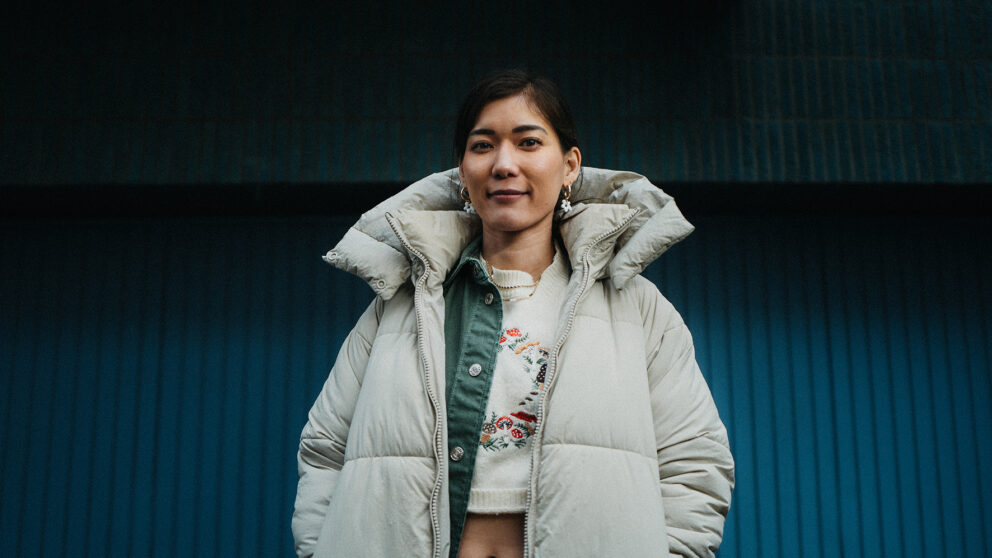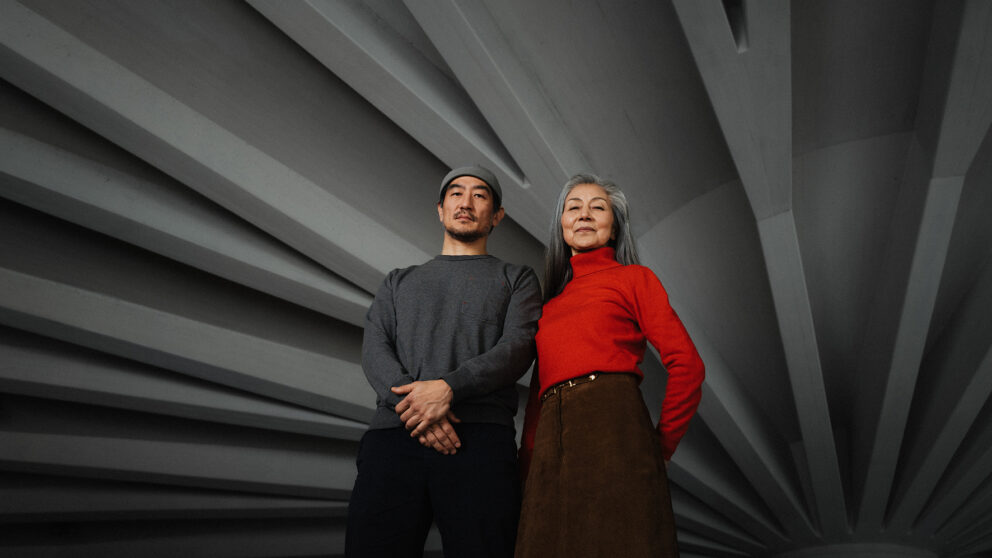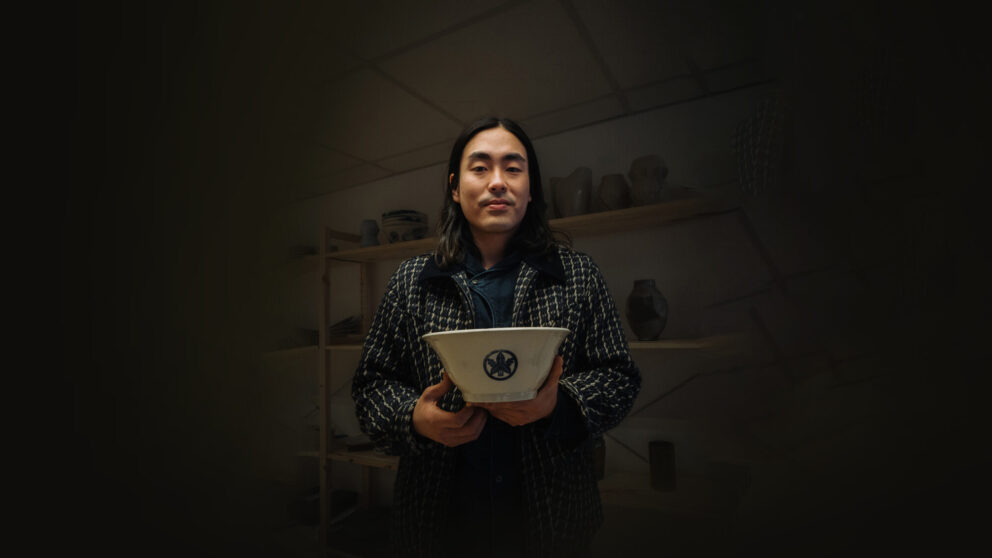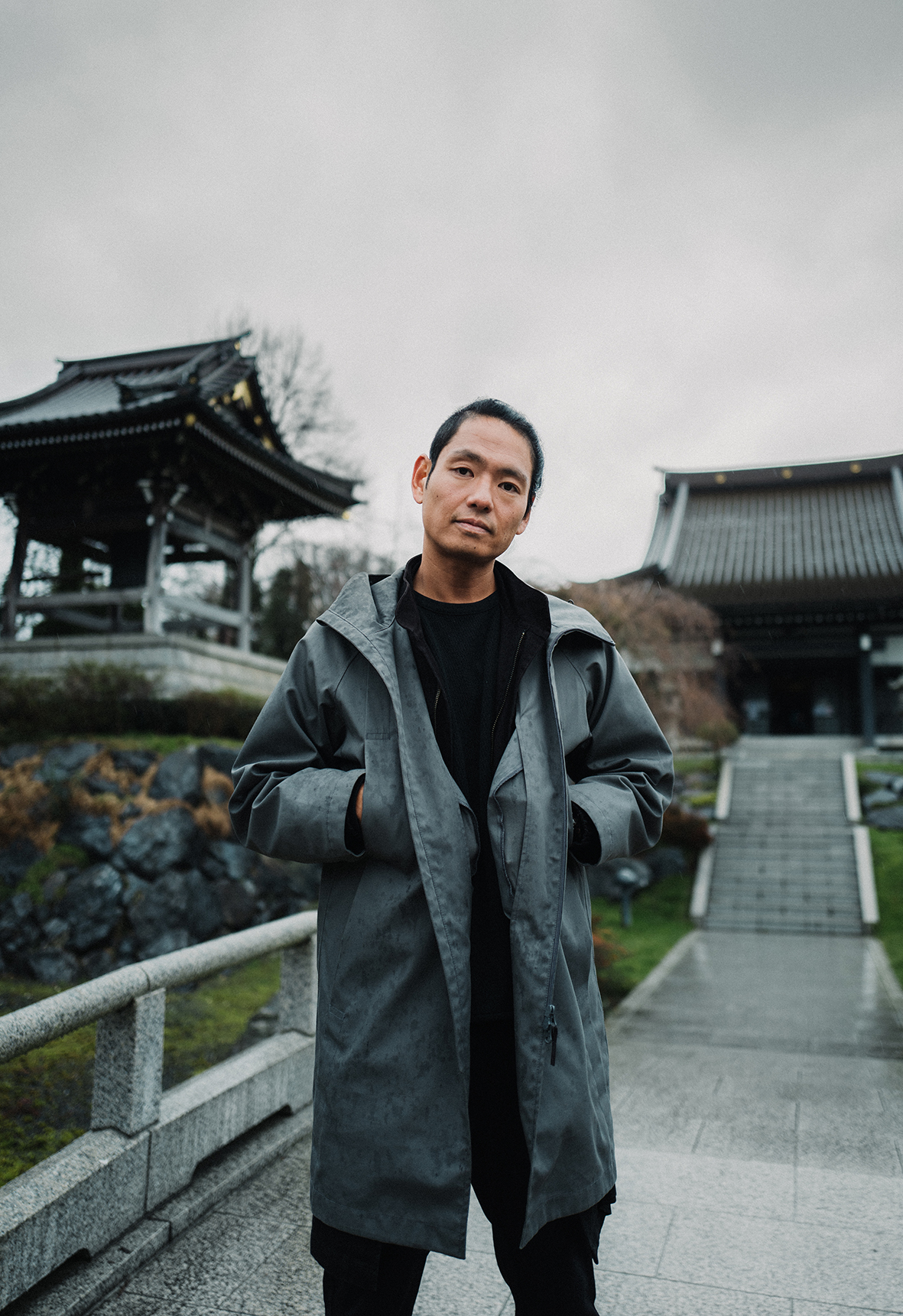
“Not only do I have an understanding of two cultures, I get to live them every single day”
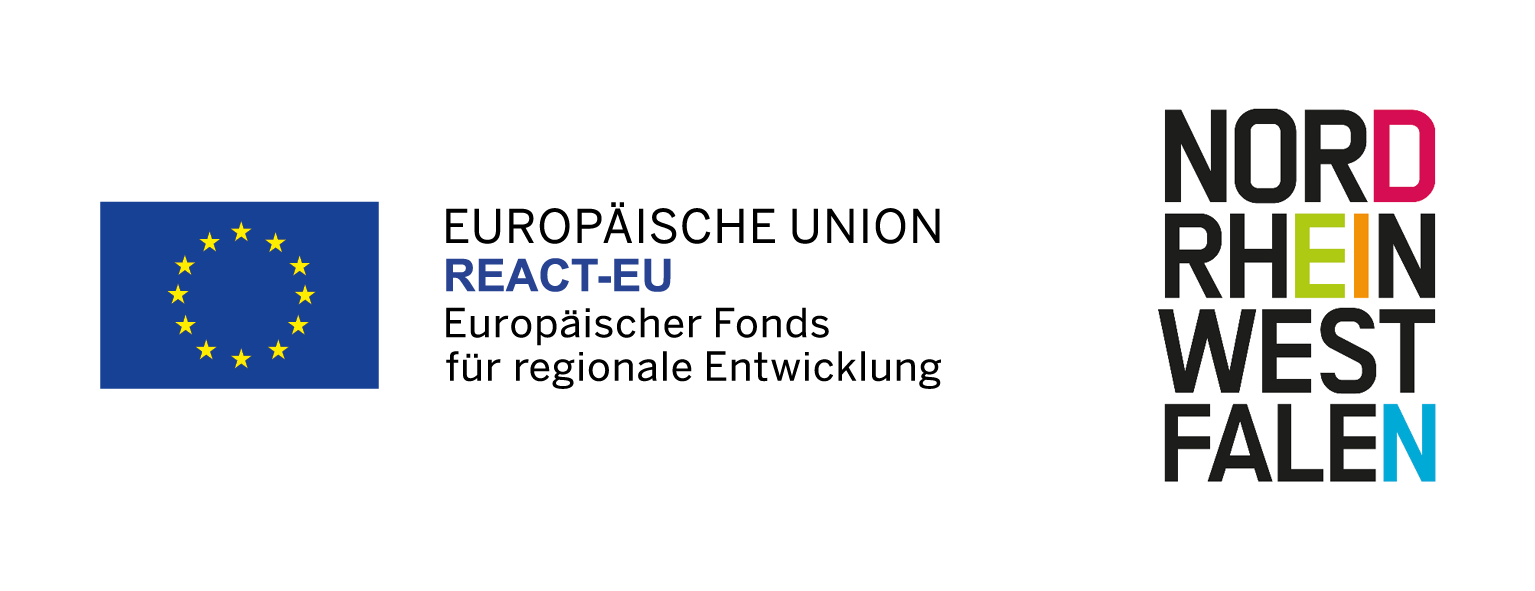
“Not only do I have an understanding of two cultures, I get to live them every single day”
An interview with Yuta Maruyama
Yuta Maruyama is a magician and stage presenter. He was born in Tokyo. A job offer in the 1980s gave his father the choice of heading up an office for a guitar manufacturer in either New York or Düsseldorf. He opted for the regional capital on the Rhine. So the Maruyama family moved to Düsseldorf via Karlsruhe when Yuta was just eight months old. During the interview, he tells of his first points of contact with Japanese culture in the city and ‘karaoke converts’. He also speaks of how he secretly swotted up on magic by reading books from the municipal library and how a fortuitous meeting at a party in the Japanese community finally gave him the motivation to launch his career as a magician.
Where do you feel Japanese culture is the strongest in Düsseldorf?
There are definitely plenty of places in Düsseldorf that trigger the Japanese in me, starting with simple things like the supermarkets here. I think I speak for all Japanese when I say they are truly authentic. So for the Japanese people here, something as everyday and normal as a trip to the store can sometimes turn into a moment when you feel right at home. I mean places in the centre like Shochiku, Hanaro or Dae-Yang.
If there was one type of shop I wish they had in Düsseldorf, then it would definitely be Japan’s konbini stores. ‘Konbini’ is basically the abbreviated version of the Japanese word for convenience. In a konbini store, you can get everything you need for everyday life 24/7, hot and cold meals, even clothes and office supplies. Nowadays, even some of the German supermarkets have set up a little Japanese corner where you can find freshly prepared, refrigerated meals such as sushi, soba noodles, karaage chicken and salads. All that’s missing is the catchy little melody played at the door that I remember from the konbinis during my holidays in Tokyo as a child.
Do you have any tips on where you can experience a fun, authentically Japanese evening?
What’s totally cool in Düsseldorf is that there’s really good Japanese karaoke, especially at Lime Light in the basement at the Clayton Hotel. If you’ve never tried it, you really should. What some people might not know is that karaoke is actually a Japanese word and comes from Japan. It is made up of the words ‘kara’, which means empty, and ‘oke’, which is short for orchestra. So, ‘empty orchestra’. Just like with the word ‘karate’.
Is Japanese karaoke really so different from conventional karaoke?
Definitely. Traditionally in Japan, a karaoke evening is held in a private room for your group in which you can order drinks, etc. Naturally there’s a very different atmosphere and energy to when you are sitting in a busy bar and have to sing in front of complete strangers. I’ve managed to convert many of my friends who really weren’t fans of karaoke before. By the end of an evening at a Japanese karaoke bar, they had sung themselves hoarse and were really excited. Most of them were asking when the next karaoke evening would be!
How did you perceive the Japanese community in Düsseldorf when you were growing up?
My older sister and I grew up in a Japanese household, but we only started having contact with Japanese friends and shops in our teens. My sister got to know some Japanese people one weekend on Immermannstrasse and, at some point, she started taking me with her; I was 16 years old.
I can look back on countless insanely funny evenings in the Japanese quarter around Immermannstrasse. I can highly recommend the many authentic Japanese bars in Düsseldorf known as izakayas. In addition to sake wine and Japanese beer, they also serve warm snacks and meals, mainly straight from the grill, until the early hours.
How did you get into magic?
I came to magic in a roundabout way. We didn’t have much money, and certainly not enough for video game consoles. So when we were children, we played cards at home with the family all the time. Even before I found out about card tricks, I always had a deck in my hands. When a friend showed me a simple card trick with my deck at school one day, I was blown away. I ran straight to the municipal library and borrowed a load of books about magic. We didn’t have the internet back then, of course. Over the following months and years, I diligently learned things by heart and practised at home without any of my friends knowing anything about it! Later, I met somebody by chance at a Japanese friend’s birthday party who had been practising for a lot longer than me: Yuki performed some spectacular tricks for the guests that evening. I knew some elements of his show, but only from watching performers on television up to that point. It was much cooler watching it done live! It was on a totally different level to what I could do. Nevertheless, later that same evening, I showed him a couple of numbers I had rehearsed, and he gave me lots of useful tips and one or two aha moments. This was a key point for me when I realised what you could actually do with magic in front of an audience. Yuki, a good friend of mine now for many years, came from a very similar background to me as we both grew up in Germany with Japanese parents, and both of us loved breakdancing, video games, manga, anime and magic.
You’re still a big anime and manga fan, and you’ve presented some of the largest events in Düsseldorf and Germany on this theme. How important a role do you think anime and manga play in terms of Japanese pop culture?
Manga and anime are still an incredibly popular door opener to Japanese culture for many people. I even know some people who weren’t aware that they come from Japan. For quite a few of my friends and acquaintances who made their first contact with the language and culture through manga and anime, the fascination continued and they even started to learn Japanese. Some of them even went on to study in this field and work in Japan. Of course, manga and anime are just one specific part of Japanese culture. At events such as the annual Japan Day, a large percentage of the visitors who flock to the city are here because of their interest in manga and anime. However, the event covers many other authentic aspects of Japanese life.
Title image: Düsseldorf Tourism
The title image and this article are supported by REACT-EU.

